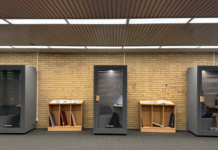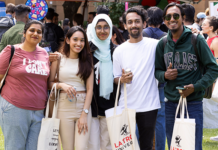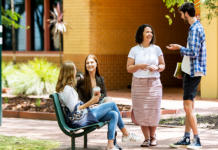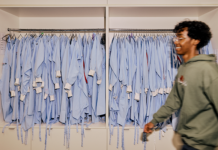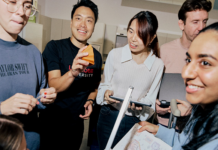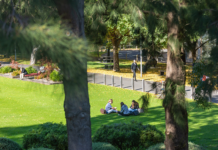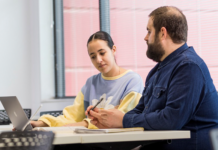This instalment of Sustainability at Home focuses on recycling and waste.
Why is recycling important? Well, recycled products can be turned into other items; they save resources such as power, water and oil; and by keeping them out of landfill, we reduce the associated emissions from the release of the potent greenhouse gas, methane.
Bulk it up
To reduce how much waste you have in the first place, why not shop for your pantry staples at a bulk food store where you just buy what you need! Whether it’s cereal, legumes, nuts or dried fruit, you simply scoop out exactly how much produce you need and put it straight into a reusable container, jar or paper bag – no plastic packaging needed!
Get your recycling right
Not sure which items go into your recycling bin? We know it can be confusing and it can differ from council to council, so Sustainability Victoria have pulled together a list of all the local councils to make it easy for you to find local recycling guides.
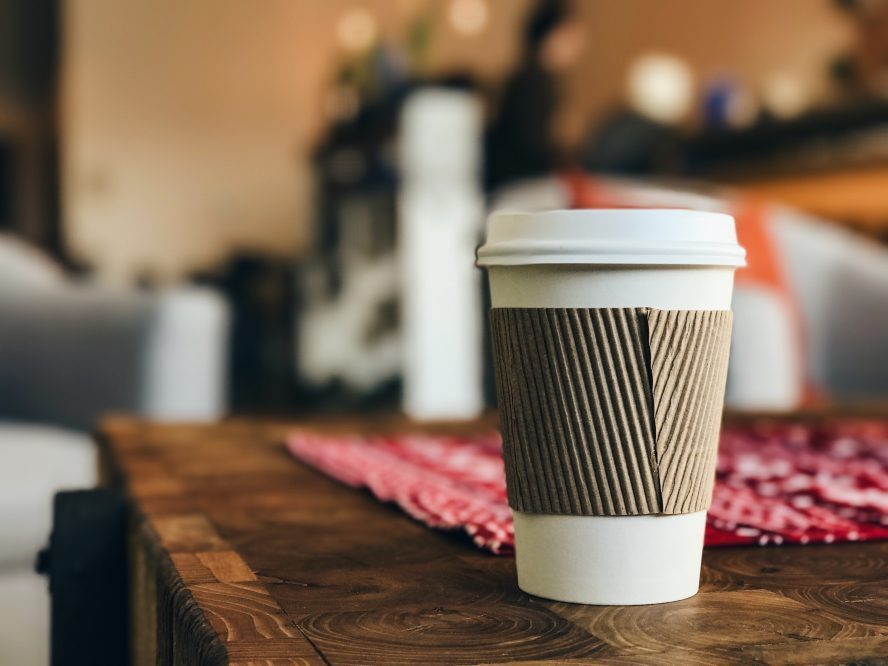
Make change with the Container Deposit Scheme
In Victoria, the Container Deposit Scheme commenced in late 2023 which means you can now exchange eligible drink containers for 10 cents.
So how does it work?
Step 1: Collect eligible drink containers such as aluminium, glass, plastic and liquid paperboard (carton) drink containers between 150mL and 3 litres. You can even keep the lids on. Check for the 10c mark on the container label if you’re not sure.
Step 2: Find your nearest refund point using this interactive map. There are hundreds of refund points across Victoria.
Step 3: Return for a 10c refund. You can keep the refund, support your favourite charity or donate to a community organisation.
Be a food recycling superstar
If you’ve already greenified your home with indoor or indigenous plants, you can now keep that garden going by turning your food waste into garden food! That’s right, we’re talking about composting!
Here are three different ways you can recycle your food waste:
- Composting – works by aerobic decomposition by air
- Wormfarming – worms and micro-organisms consume food scraps
- Bokashi – an air-free anaerobic process with bacteria to ferment food waste
Not sure which one is for you? Well, it all depends on your space, budget and your waste. Plus, some councils offer incentives to reduce the cost for residents, so check out Compost Revolution for more info and tutorials.
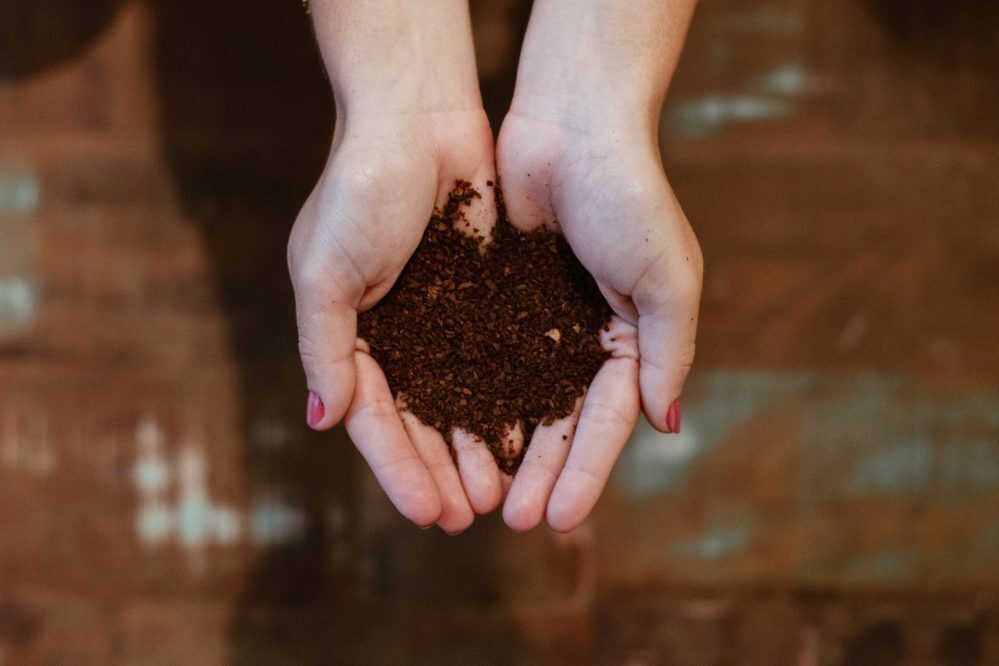
So there you have it, four ways you can improve your recycling and reduce your waste to help make a positive difference to our environment. Nice!



